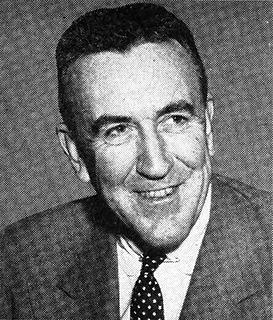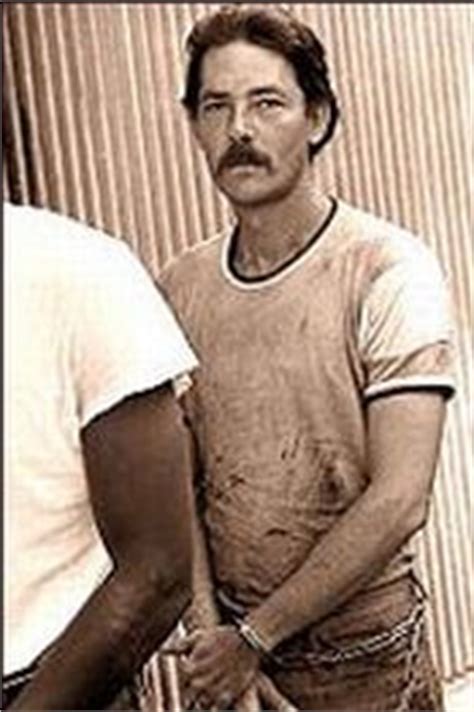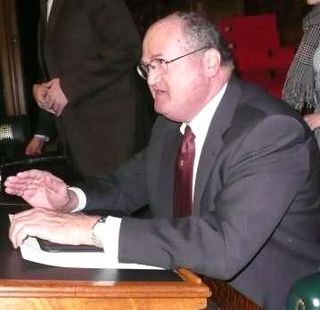A Quote by Chester Bowles
When you approach a problem, strip yourself of preconceived opinions and prejudice, assemble and learn the facts of the situation, make the decision which seems to you to be the most honest, and then stick to it.
Related Quotes
Don't give your opinions about Art and the Purpose of Life. They are of little interest and, anyway, you can't express them. Don't analyze yourself. Give the relevant facts and let your readers make their own judgments. Stick to your story. It is not the most important subject in history but it is one about which you are uniquely qualified to speak.
It is always the sign of the second-rate man when the decision merely meets the present situation. It is the left-over in a decision which gives it its greatest value. It is the carry-over in the decision which helps develop the situation in the way we wish it to be developed. The ablest administrators do not merely draw logical conclusions from the array of facts of the past which their expert assistants bring to them; they have a vision of the future.
Approach each new problem not with a view of finding what you hope will be there, but to get the truth, the realities that must be grappled with. You may not like what you find. In that case you are entitled to try to change it. But do not deceive yourself as to what you do find to be the facts of the situation.
O prejudice, prejudice, prejudice, how many hast thou destroyed! Men who might have been wise have remained fools because they thought they were wise. Many judge what the gospel ought to be, but do not actually enquire as to what it is. They do not come to the Bible to obtain their views of religion, but they open that Book to find texts to suit the opinions which they bring to it. They are not open to the honest force of truth, and therefore are not saved by it.
The problem is that you cannot prove yourself against someone who is much weaker than yourself. They are in a lose/lose situation. If you are strong and fighting the weak, then if you kill your opponent then you are a scoundrel... if you let him kill you, then you are an idiot. So here is a dilemma which others have suffered before us, and for which as far as I can see there is simply no escape.
We all create expectations of what we would like to happen after a decision is made. The picture in our mind's eye might have served a valuable function in helping to make a decision. But once the decision is made, let the picture go. Since you can't control the future, the picture can create unhappiness if it's not fulfilled. Disappointment may make you miss the good that can come out of every situation in which you find yourself.
...Stop blaming me, thinking I'm the problem. If you think I'm the problem, then you have to change me. If you realize that you're the problem, then you can change yourself, learn something and grow wiser. Most people want everyone else in the world to change themselves. Let me tell you, it's easier to change yourself than everyone else.








































